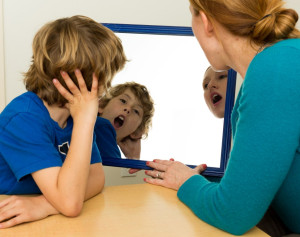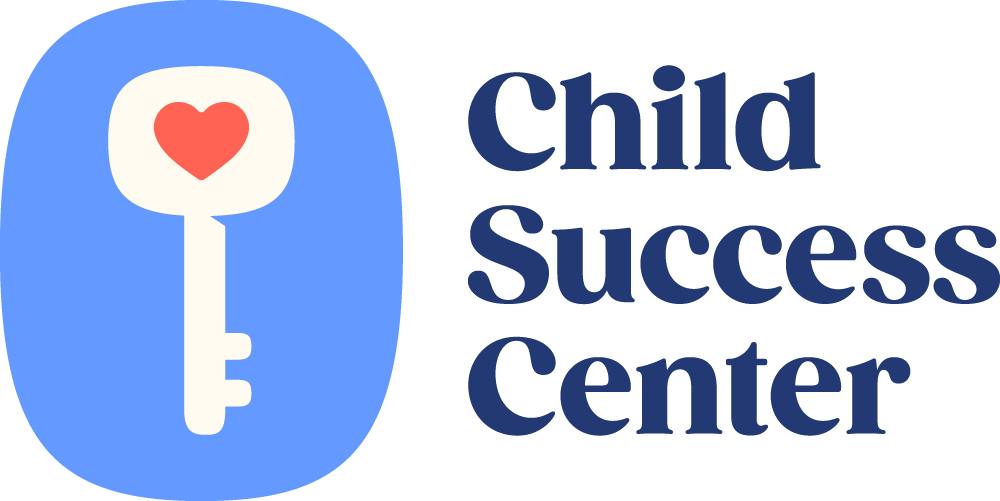Back-to-School – Working with Teachers to Identify Speech and Language Problems
Kids are Going Back to School – Working with your child’s teacher to identify speech and language problems early on is critical to ensuring his/her success at school.
 As children return to the school classroom and play yard this year much will be expected of them in the areas of oral communication and listening skills. While the summer time offered great opportunity for children to build the sensory motor skills needed for playing and learning, they also had a break from the often complicated auditory and language world that school presents them.
As children return to the school classroom and play yard this year much will be expected of them in the areas of oral communication and listening skills. While the summer time offered great opportunity for children to build the sensory motor skills needed for playing and learning, they also had a break from the often complicated auditory and language world that school presents them.
If you have had concerns about the rate of your child’s speech acquisitions, their attention, socialization, ability to follow direction, answer questions, verbally problem solve, express themselves and emotionally handle communicating with their environment and those in it, we suggest you talk to your teachers at the beginning of the school year to make them aware of your concerns and to discuss ways to help your child be successful. As parents we know more about our children’s strengths and challenges than anyone else. Give your teacher a head start by meeting with them either before school starts or within the first 4 weeks. Often when children struggle with sensory motor and or speech and language processing their behaviors can be misinterpreted as personality traits; Controlling, sensitive, shy, aggressive, avoidant, rigid. Truth be told, these behaviors, if not properly identified, can hamper a child’s academic success as early as pre-school. We are setting students up for success if we identify and support as early as possible.
Knowing who to turn to for information is key. Seek guidance from your school, pediatrician, friends and online. You will find answers. Sometimes it is very clear what your child’s speech and language needs are… “my child cannot say the “s “sound.” Other times it is not so clear… “My 3 year old is hitting at school, not using words to communicate easily and is always on the go.” The combination of Sensory Integration trained Occupational Therapists and Speech and Language Therapists working together is often critical when searching for the underlying root of the challenges your child is presenting with. A collaborative therapy center offers you, the parent, with guidance and a whole child approach as your child grows.
Not all communication challenges are rooted in a speech and language disorder. But it is imperative that this be ruled in or out through a thorough assessment process. If you child is under the age of 5 it should be a play based assessment and your child should be made to feel as relaxed and comfortable as possible in a new environment. Make sure that the environment has play space and is not a small office. If your child is older make sure the therapist is skilled in identifying language based learning challenges and works closely with an educational therapist as these services often work side by side.
For more information on speech and language development and age related indicators that your child may need help please refer to this chart .
Speech and Language issues by the numbers:
Speech or language problems can lead to reading and writing difficulties which in turn lead to serious educational consequences.
- Some 17-20% of children in the United States have difficulties learning to read.
- More than 70% of teachers believe that students who receive speech and language services demonstrate improved pre-reading, reading, or reading comprehension skills.
- Most poor readers have an early history of spoken language deficits.
- A recent study reported that 2nd graders who read poorly had phonemic awareness or spoken language problems in kindergarten.
- About 41% of fourth grade boys and 35% of fourth grade girls read below grade level.
- Overall, communication disorders affect approximately 42 million Americans. Of these, 28 million have a hearing loss and 14 million have a speech or language disorder.
***Statistics provided by ASHA (American Speech-Language-Hearing Association http://www.asha.org/)
